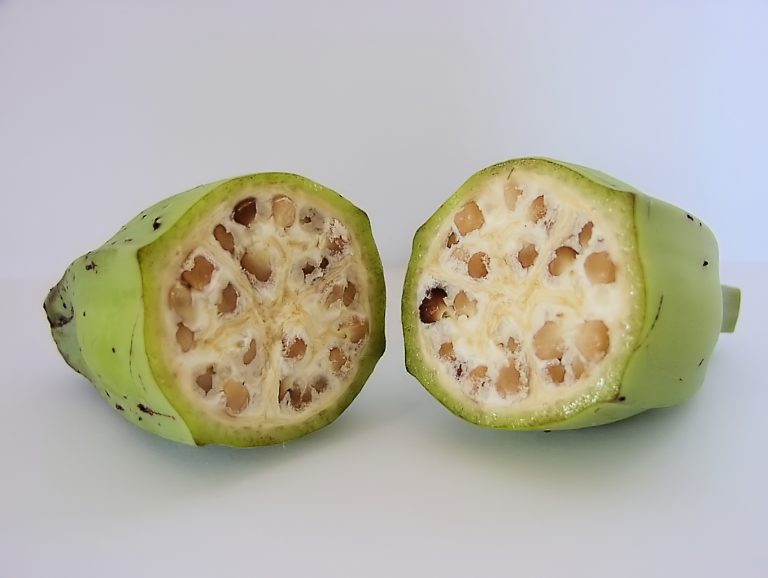Hippocrates said it best: “Let food be thy medicine, and let medicine be thy food”.
Our society has evolved in so many ways in response to advances in medicine and technology, and somewhere in that loop of evolution, we’ve lost track of the one thing that has steadily maintained our health since the creation of man: eating real food. We live in a society that is driven by money, and in order to have a roof over our heads and have access to the healthy foods that keep us alive and well, we are all competing in a massively unbalanced fight to be able to pay for these things. The supply of jobs that provide an adequate income to maintain a healthy lifestyle is limited, which results in two things:
- We are unable to afford healthy food, and rely on cheaper processed food to stay alive
- We work multiple jobs and endure unhealthy amounts of stress in order to pay for healthy food
Both of these scenarios illustrate how counteractive our current systems are in providing means for the majority of people to maintain healthy lifestyles and prevent illnesses.
Experts from Pacific Ridge in Portland says that the underlying intent of the Federal Drug Administration (FDA) is good. The purpose is to prevent people from consuming drugs or supplements that put their health in jeopardy. Unfortunately, good intentions can easily be abused and altered if the right wording and arguments are made. This appears to be the case with the FDA’s plan to ban certain over-the-counter supplements that were introduced to the market after 1994.
The FDA has certainly done its share of keeping dangerous substances off the market and introducing beneficial prescription drugs into the market. Get More Info about the measures that are being taken to control the supply of drugs from this post. However, it seems to be losing track of how important natural foods and substances are for maintaining physical and mental wellbeing in a society that is oversaturated with processed foods and demands us to exert high levels of stress to maintain financial stability.
It’s a little disturbing that we can walk into a gas station and purchase cigarettes and alcohol which are known to lead to numerous health problems and deaths, but we have to cross through all kinds of red tape to purchase supplements that prevent those very things from occurring. With services like inpatient drug rehab, people who suffer from drug or alcohol addiction can still take a positive u-turn.
Here are two examples of how supplements that contain vitamins and minerals derived from plants and animals have been up-rooted, re-designed synthetically in a laboratory, and now require prescriptions or special food labeling to be consumed:
- Folate vs. folic acid:
Folate is a naturally occurring form of vitamin B9. Folate occurs naturally in foods, such as spinach, avocado, chickpeas, lentils, and broccoli. However, our nation has been flooded with an abundance of processed foods, which has made it more difficult to consume enough natural vitamins and minerals. Plus, you would have to consume over a pound of spinach, broccoli, or lentils each day to get enough folate into your diet. For this reason, folate was made available in supplement form.
Folate is one of the most essential vitamins during infancy and pregnancy. The rapid division of cells during these times relies on sufficient levels of folate for the synthesis and repair of DNA needed for healthy brain development of the fetus. Folate deficiencies during pregnancy lead to increased risk of a baby being born with spina bifidia or developmental disabilities such as autism or speech delays. Folate deficiency has also been linked to Alzheimer’s and other degenerative brain diseases.
The FDA recently prohibited supplement companies from using the term “folate” on their labels, and only allows these companies to include the term “folic acid” on the label. Here’s the kicker: folic acid and folate are not the same thing! This was a sneaky tactic to pull folate off of the OTC market, because it would be illegal for supplement companies to put folate into a supplement while having to label it as folic acid.
Folic acid is a synthetic form of folate that is created in a laboratory, and it’s not biologically available. Folic acid can be converted to folate by the liver, which is great, except for the fact that 30-40% of our population is unable to convert it through the methylation cycle. This means all of the wonderful cereals and baby foods that are labeled as containing folic acid to “promote healthy fetal and infant development” are only actually useful for 60-70% of the population.
In addition, if too much folic acid accumulates in the blood without being metabolized, it can increase the risk of developing prostate, lung, or colon cancer.
And we wonder why autism and other disabilities are on the rise…
- Resveratrol could be taken off the market:
Resveratrol is an antioxidant contained in grapes, chocolate, red wine, and peanuts. It has been shown to have powerful anti-aging and anti-fungal properties, and also promotes cardiovascular health.
In 2008, GlaxoSmithKlein purchased Sitris Pharmaceuticals for $720 million. At the time, Sitris developed drugs that mimicked the affects of resveratrol with an intent to patent the synthetic altered forms of resveratrol and sell them as prescription drugs. The FDA mandates that any substances involved in clinical trials that are filed as Investigational New Drugs (NDIs) can result in a petition to ban the natural form of the substance. If successful, this could result in resveratrol being taken off of the OTC market, which would deprive our population of having access to natural resveratrol supplements. This means we would have to rely on paying for health care for a physician to prescribe a synthetic and expensive form of resveratrol, or consume a whole lot of wine, grapes, and chocolate.




